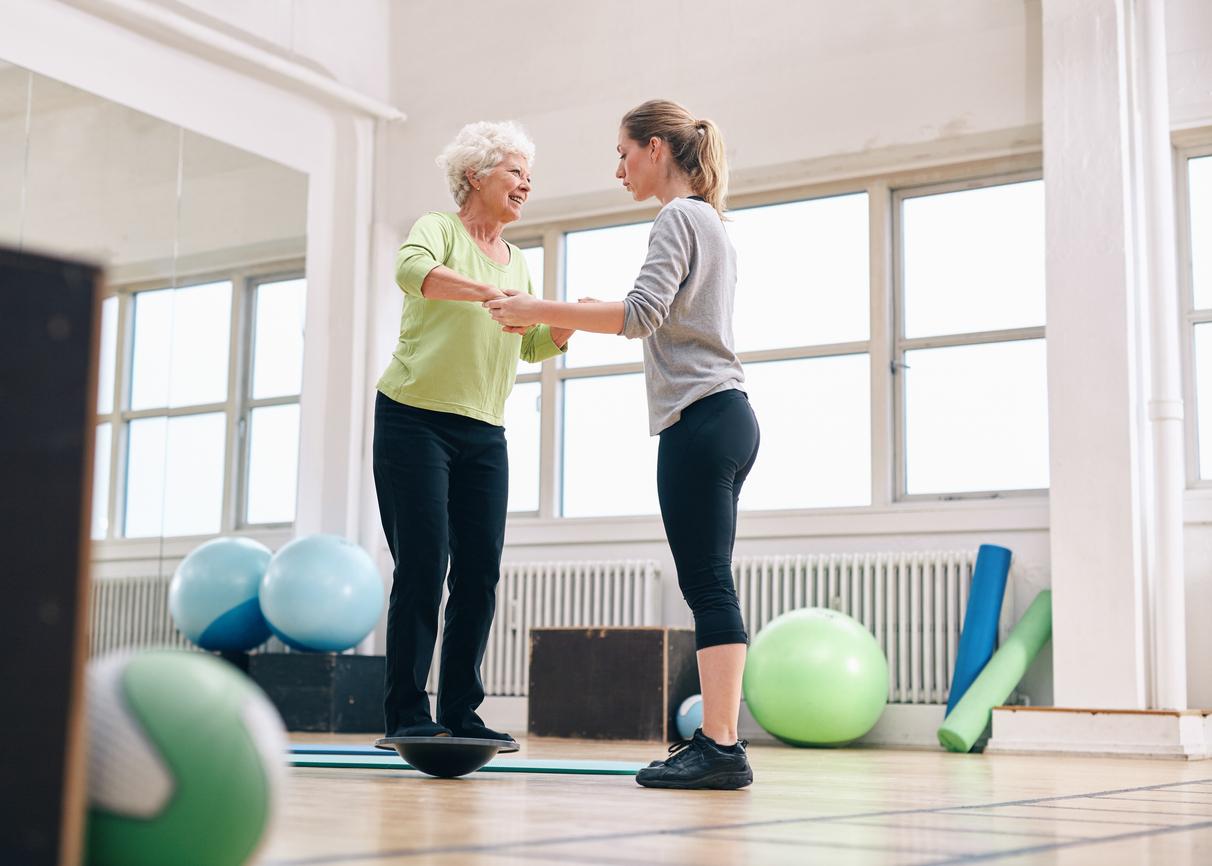Sports-related concussions are not linked to cognitive impairment in non-professional athletes, a new study finds.

- Sports-related concussions are not necessarily associated with long-term cognitive risks in nonprofessional athletes.
- Injured amateur athletes even had better cognitive performance in some areas.
- For the researchers, these results suggest that playing sports, even if a person suffers a concussion, can be beneficial for long-term cognitive outcomes.
Rugby, boxing, American football… several studies have shown that athletes who have suffered concussions have an increased risk of cognitive decline as they age. Amateur athletes can rest assured. This link is not verified among non-professionals, according to a study by the University of New South Wales (Australia) and the University of Oxford (United Kingdom).
The study, published in the journal Journal of Neurology, Neurosurgery and Psychiatry (JNNP)shows that sport remains beneficial for brain health, even in the event of injury.
Concussion in amateur athletes: no cognitive decline
To assess the consequences of sports-related concussions in non-professional athletes, the researchers used data from more than 15,000 participants in the UK-based PROTECT study of people aged 50 to 90.
39.5% of the volunteers reported having suffered at least one concussion. It was moderate to severe for 3.2% of the respondents. On average, the last head injury was 29 years before the study and the first was 39 years earlier. The researchers then noted whether the concussion was sports-related or not.
The analysis showed that the group that had a head injury had 4.5% better working memory than those who had never been injured. Their reasoning ability was 7.9% higher. Another finding: people who had a concussion while playing sports also had better verbal reasoning and attention. Conversely, participants who had suffered at least three non-sports-related concussions (such as accidents or assaults) had slower processing speed and attention, and a declining trajectory of verbal reasoning with age.
Concussion: Sport remains beneficial even in case of injury
“This study suggests that sport may have long-term beneficial effects that could outweigh the negative effects of concussion, which could have important implications for policy decisions regarding participation in contact sports. It may also be that non-sport-related head injuries result in greater brain damage than sport-related concussions.”explains lead author Professor Vanessa Raymont of the University of Oxford and Oxford Health NHS Foundation Trust in a press release.
However, don’t deliberately forget to wear your helmet when you go for a bike ride, and don’t go looking for trouble with the opposing team in your next game in the hopes of improving your reasoning skills.
“This finding should not be overstated: the beneficial effects were small, and in people who have suffered two or more sports-related concussions, concussion no longer provides any benefit. Furthermore, this study does not apply to concussions in professional athletes, whose head injuries tend to be more frequent, debilitating, and severe.”
















